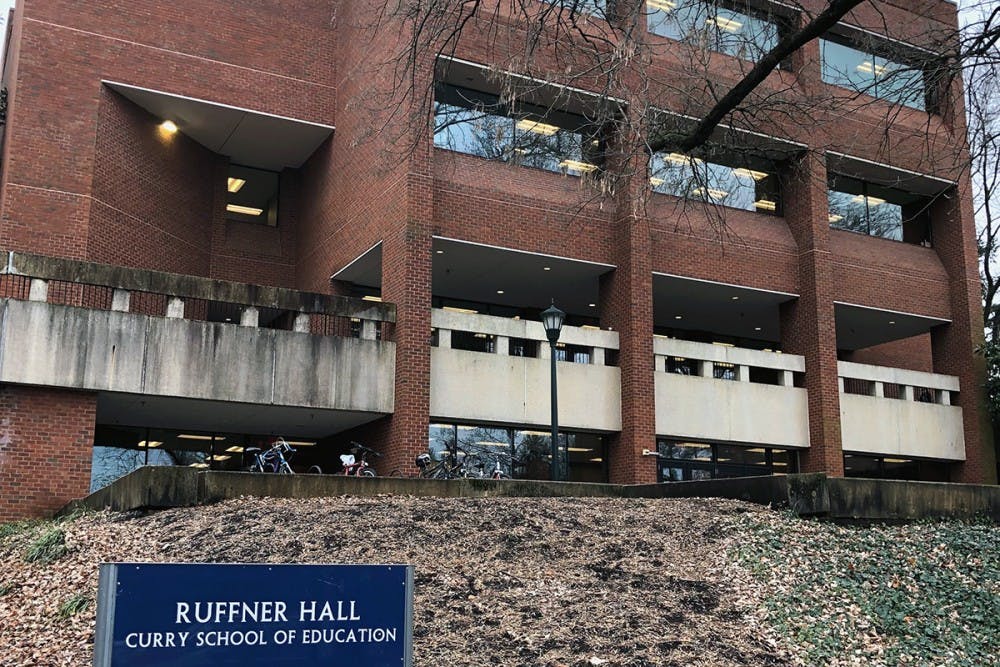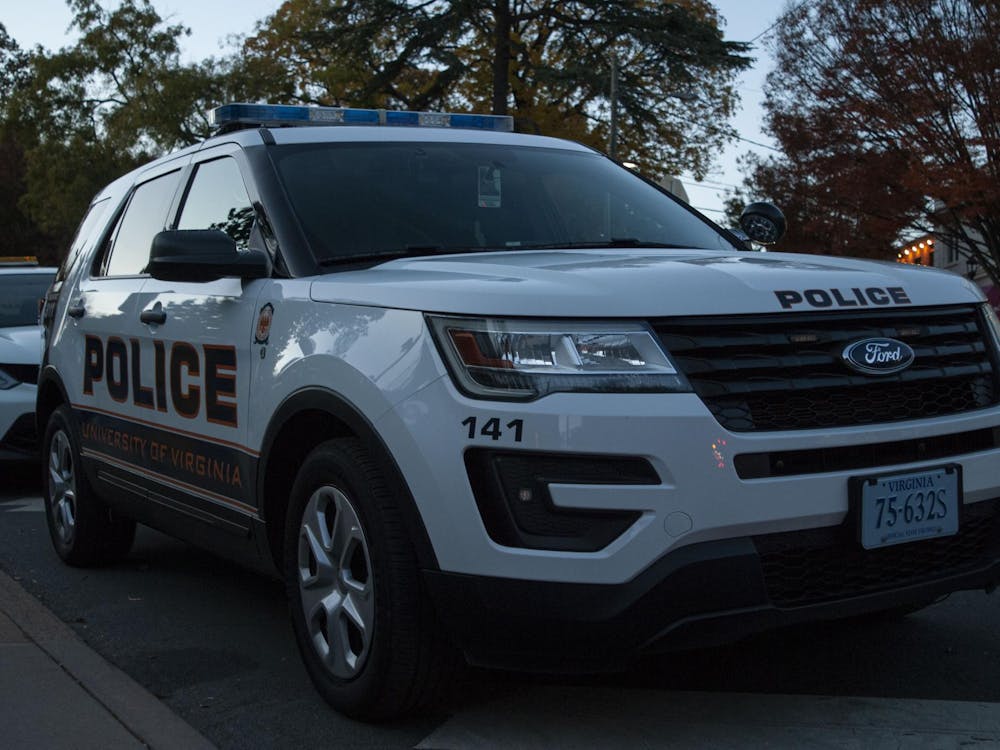Curry School of Education and Human Development Dean Robert Pianta announced earlier this month that an Ad Hoc Committee on Naming will begin studying potential changes to the school’s name and one of its academic buildings, Ruffner Hall. Both Curry and Ruffner were defenders of slavery, calling into question the use of their names for academic schools and buildings.
In an email to the Curry community Nov. 19, Pianta charged the committee with conducting a “thorough and thoughtful process of study” regarding the future of the Curry and Ruffner names and their adherence to a new naming policy.
Pianta said the reconsideration of the school’s name came as part of a broader strategic thinking process. Recently, the School expanded their name to include “human development” alongside education.
“As we looked forward around our mission, we considered the ‘education’ part of the school name, which led to a broadening of that part of the name,” Pianta wrote in an email to The Cavalier Daily. “At that time, it was noted that we might also consider the namesake of the school ‘Curry’ as part of this reflection.”
The Curry School, founded in 1905, was named in honor of J.L.M. Curry, a Georgia politician who advocated for Southern secession, defended slavery and served as an officer of the Confederate army in the Civil War. In the 1880s and 90s, Curry worked to build public education institutions in the South, helping to found Virginia’s first teaching academy at what is now Longwood University.
William H. Ruffner, the namesake of one of the school’s two academic buildings, was the first superintendent of Virginia’s segregated public school system, as well as a slave owner and advocate for “colonization” or the relocation of emancipated slaves to Africa. Ruffner Hall opened in 1973.
Inquiry into the Ruffner and Curry names will be led by the Ad Hoc Committee on Naming acting in an informational capacity. The committee is co-chaired by Robert Berry, a professor in the Curry School, and Susan Kools, a professor in the School of Nursing, and will include students, alumni, faculty, staff and members of the broader University community.
“The moment in time is right to delve deeper into the lives of these men to determine if using their names as honorifics fit with the School’s strong commitment to inclusion and equity for all who learn and work here,” Kools said in an email to the Cavalier Daily.
In his message to the community, Pianta wrote that the school would examine their honorific names in accordance with the University’s Policy on Naming, which was updated in October.
The policy states that those honored with building names “should demonstrate virtues the University hopes its students seek to emulate,” such as “inclusion and diversity.” Further, the policy requires the University to “engage in serious and substantial scholarly research when considering a naming opportunity” in order to understand elements such as the contributions and legacy of named individuals.
Kools said the inquiry is focused on gathering information about Ruffner and Curry to provide a basis for further action.
“The committee is making an effort to seek information, holding our individual and collective judgments in check as best we can,” Kools said.
Berry said the committee plans to issue a report to stakeholders — including students, faculty, and university leaders — about the naming and then field feedback.
“It is important that we engage in the due diligence to understand how and whether the namesakes represent the current mission and values of the school,” Berry said in an email to the Cavalier Daily.
Al Ahmed, a fourth-year Curry student and Student Council member, said that many Curry students are aware of the potential change, and there does not seem to be opposition to the proposition.
“Personally, I do agree with [the change] because they [Curry and Ruffner] were advocates for slavery, and because we [the Curry School] are always stressing diversity and inclusion,” Ahmed said.
According to Ahmed, the issue has been brought up in Student Council as well. Although it has not been discussed in depth, most Student Council representatives agreed with the name change, Ahmed said.
Pianta noted that he has received mixed responses to his announcement about the committee’s formation.
“I’ve received a couple dozen notes in response to the announcement of the committee’s work; these reflect sentiments in favor of the process and some that do not support it,” Pianta said.
The work of the committee will take place over the next two months, with a report back to school stakeholders by Jan 30.
Curry and Ruffner are not the first name changes to be brought up at the University. Recently, the School of Medicine’s Jordan Hall was renamed in honor of Vivian Pinn — the only African-American and only woman in her graduating class from the University. The International Residence College’s Lewis House was also recently renamed to honor W.W. Yen, the first student from China to graduate the University. The original namesakes, former dean of the School of Medicine Harvey Jordan and former dean of the College Ivey Foreman Lewis, were both proponents of eugenics.







